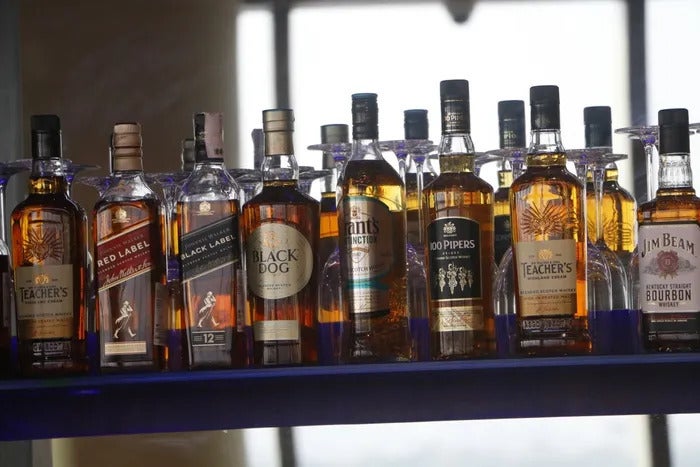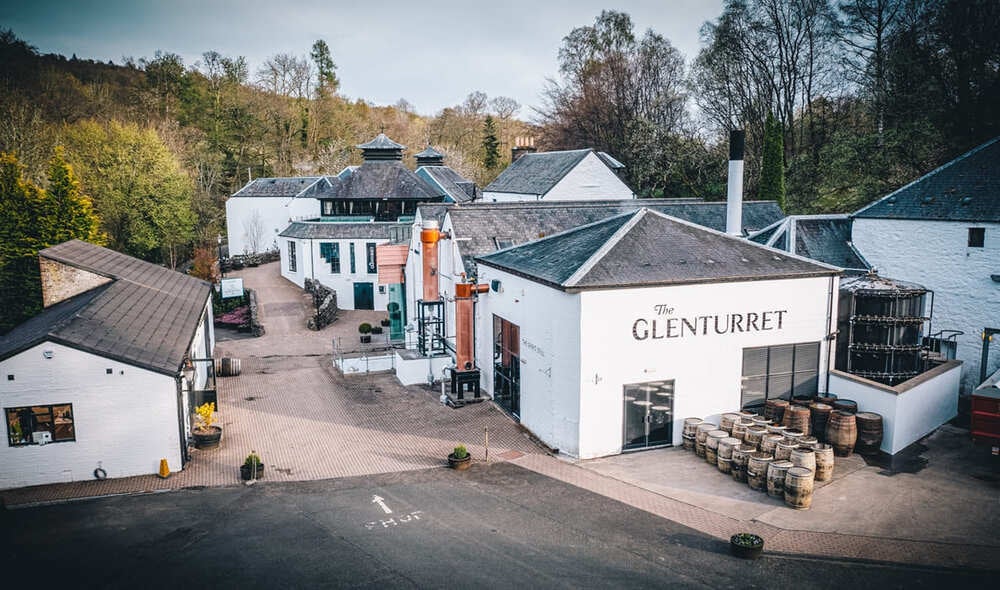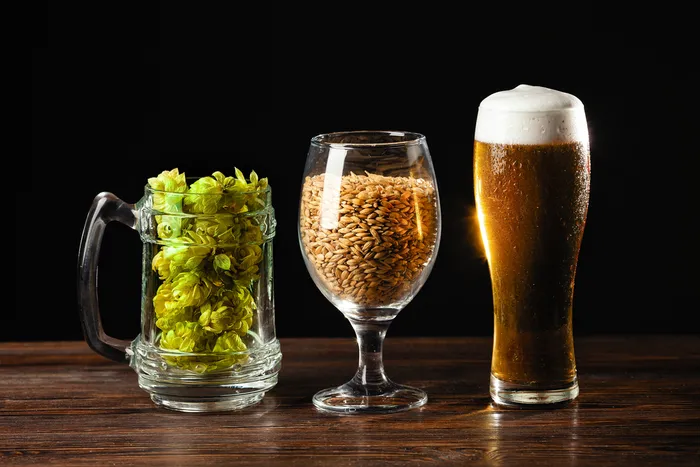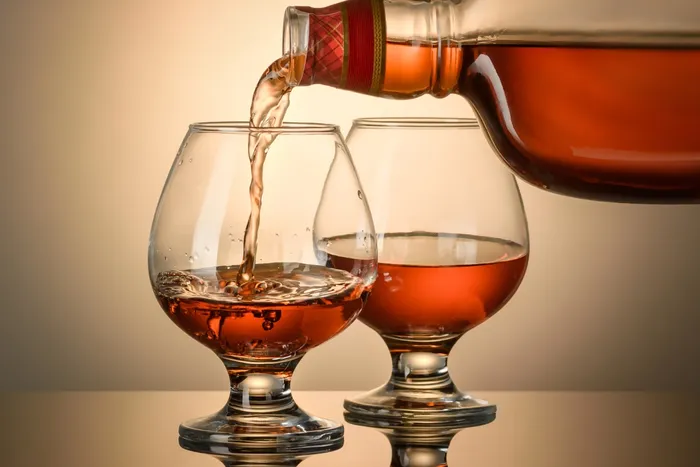There are no results that match your search.
Whisky • 6 min • 03.07.2023
Cognac vs Whiskey: Differences in Distilling and Aging Processes
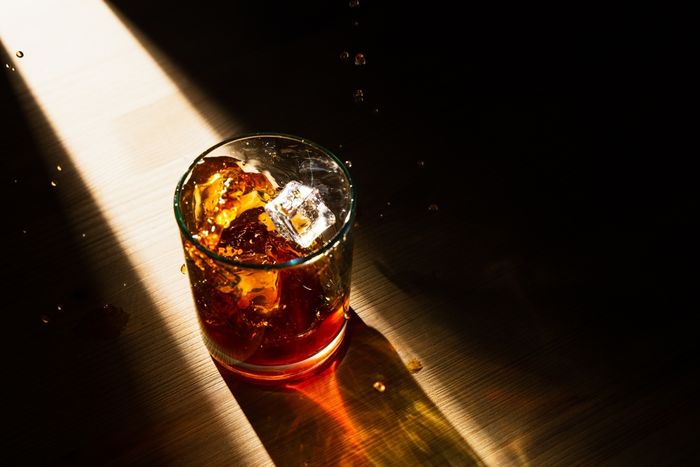
Cognac and whiskey are both popular drinks with wonderful aromas, full bodies, and strong flavours, but they are often confused with one another by consumers because of their similar appearance.
Our Recommendation of Best Whiskey & Cognac Brands
Cognac vs Whisky: The Process of Creation
The Region
Cognac is a type of brandy that is made in the Cognac region of France and named after the town of Cognac. The region has six sub-regions or crus: Grande Champagne, Petite Champagne, Borderies, Fins Bois, Bons Bois, and Bois Ordinaires.
Whiskey is a generic term that refers to a spirit that is distilled from a fermented grain mash and aged in a wooden barrel. There are many types of whiskey, including Scotch whisky, Irish whiskey, bourbon whiskey, rye whiskey, and so on. The main difference between each whiskey is which grains it uses, where it is made, how it is distilled, and how long it is aged.
The Distillation Process
Cognac is made from a distilled mash of fermented fruit or fruit wine and must come from the local grapes. The wort created by the mash (or the wine) is then distilled at least twice to create a colourless spirit with approximately 70% alcohol content. Traditionally, Charentais copper alembic stills would be used for this distillation process.
Whiskey is made from a distilled mash of fermented grains (grains, water, and yeast). Some of the grains used to make whiskey include corn, rye, malted barley, barley, and wheat. The machine process releases the sugars from the grains, creating a sugary “wort” that is then fermented to create a “wash”. The wash is about 5% to 10% ABV and is identical to the wort that would be used in beer making, except that it is distilled at least twice (three times for some whiskies) to increase the potency of its flavours and alcohol content. Certain types of whiskey must be distilled in stills of a specific design and size.
The Aging
Both cognac and whiskey are aged in wooden barrels or casks. However, whiskey tends to spend a lot more time ageing. It’s common for whiskey to be aged anywhere between 3 to 50 years, while cognac is usually aged between 2 to 6 years.
Another point of difference is that cognac uses special terminology to specify how long it has been aged:
-
VS cognac (very special cognac) ages for approximately two years in barrels.
-
VSOP cognac (Very superior old pale) ages for a minimum of four years in barrels.
-
XO cognac (extra old) ages in barrels for about 10 years.
-
XXO cognac (extra extra old) is aged a minimum of 14 years.
Whiskey does not have any specific terms to indicate its age. However, some countries have established rules about how long certain types of whisky must be aged before they can be sold. For example:
-
Scotch whisky must be produced in Scotland from a mash that only contains water and malted barley, and aged in oak casks for a minimum of 3 years.
-
Bourbon whiskey is an American whiskey that is made only in America under strict regulations from a minimum of 51% corn and aged in new charred oak barrels.
The Serving
Cognac is traditionally served in a tulip-shaped glass called a snifter or a balloon glass that allows the cognac to breathe and release its aromas while intensifying them.
Whiskey is typically served in a straight-sided glass called a tumbler or a rocks glass that allows the whiskey to be swirled and sipped easily, and some people like to add ice or water to dilute it and open up its flavours.
Cognac vs Whiskey: The Ingredients
Cognac is made from white grapes, mainly Ugni Blanc, that is pressed and fermented into wine before being distilled.
Whiskey is made from various grains, such as barley, corn, rye, or wheat, that are malted (sprouted and dried), milled, mashed, and fermented into beer before being distilled.
Taste and Appearance
Cognac and whiskey have different tastes and appearances due to their ingredients and processes.
Cognac has a smooth, sweet, fruity, floral, spicy, and woody taste that varies depending on its age and quality, accompanied by a golden amber colour that ranges from pale yellow to dark brown, depending on its age.
Whiskey has a wider style, depending on the origin and process. The colour ranges from light straw to dark amber, depending on its age and barrel type, and tastes of smoke, spices, oak, and vanilla.
Cognac vs Whiskey: The Price
Cognac prices can range from $60 to more than $3,000 per bottle, depending on the age and quality. The most expensive cognac ever sold was a bottle of Henri IV Dudognon Heritage Cognac Grande Champagne, which was made of 24-carat gold and sterling platinum, encrusted with 6,500 diamonds, and priced at $2 million.
Whiskey prices can range from $40 to $1,000 per bottle. The most expensive whiskey ever sold was a bottle of Macallan 1926 Fine and Rare 60-Year-Old Single Malt Scotch Whisky, which was priced at $1.9 million. The bottle was one of only 40 produced and featured a label designed by artist Michael Dillon.
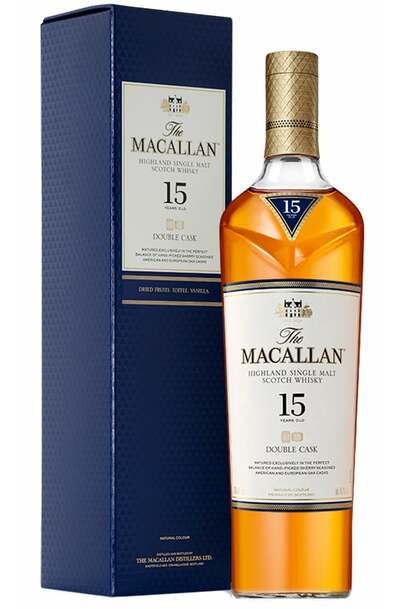
Macallan 15 Year Double Cask
Buy NowSummary: Which One Would You Like More?
Cognac and whiskey are both excellent drinks that have their own admirers. Cognac is smooth, sweet, and refined, while whiskey has a wider range of flavours, from light and fruity to smoky and peaty. Both drinks have a rich history and culture that make them unique and special.
Which one would you like more? That depends on your personal taste and preference. You can try both drinks and compare them for yourself. Or you can enjoy both drinks on different occasions and moods. The choice is yours!







